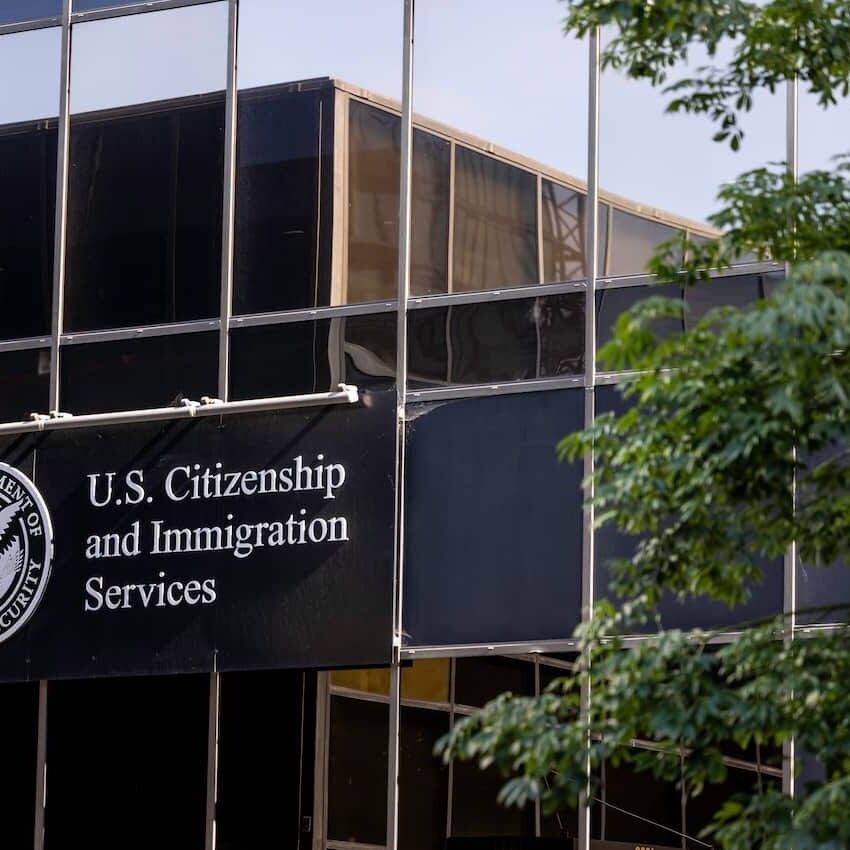In an effort to preserve family unity, the U.S. permits its citizens to petition for a green card on behalf of certain family members. The process of applying for a green card on this basis can be difficult. If you or a loved one are related to a U.S. citizen and are seeking permanent resident status, contact a Los Angeles family green card lawyer who can successfully prepare your green card application.

Immediate Relatives
U.S. citizens may sponsor their immediate relatives to become green card holders. Immediate relatives include a U.S. citizen’s:
- Spouse, including recent widows and widowers;
- Unmarried child who is younger than 21 years of age; or
- Parent, if the citizen is at least 21 years old.
Both stepparents and stepchildren fall within this category if the marriage forming the relationship took place before the child turned 18 years old. Parents and children who are related through adoption are also considered immediate relatives as long as the adoption took place before the child turned 16 years old.
In some cases, the Child Status Protection Act (CSPA) allows certain individuals to retain the status of child even after they have turned 21 years old. For example, if a petition was filed by a U.S. citizen parent for his or her child, the child’s age “freezes” on the date of the filing. Similarly, if a permanent resident parent files a petition for his or her child and the parent naturalizes before the child turns 21 years old, the child’s age will be calculated from the date of naturalization.
Individuals who qualify as immediate relatives are given special priority and so do not have to wait as long as individuals in other categories before they can immigrate.
Family-Based Preference Categories
If a family member does not qualify as an immediate relative, he or she may still be able to obtain a visa under the family-based preference category system. Certain eligible relatives are given preference over others under this system. The categories are as follows:
- F1 (Family First Preference): The unmarried son or daughter of a U.S. citizen who is 21 years or older
- F2A (Family Second Preference – green card holders): The spouse or child of a green card holder
- F2B (Family Second Preference – green card holders): The unmarried son or daughter of a green card holder who is 21 years or older
- F3 (Family Third Preference): The married son or daughter of any age of a U.S. citizen
- F4: The sibling of a U.S. citizen
Unlike the immediate relative category, Congress only allocates a limited number of visas for relatives who want to immigrate to America based on the relationships listed above. For this reason, there is often a waiting period before an applicant is able to receive a visa.
Accompanying Relatives
When an applicant falls under a preference category and a sponsoring U.S. citizen or permanent resident submits a visa petition on the applicant’s behalf, that person’s spouse and children are may be included in the application as derivative beneficiaries. It’s important to note that derivative beneficiaries ONLY exist in the preference system, and unfortunately do NOT apply to immediate relatives.
This means that derivative beneficiaries may be included under the following circumstances:
- A U.S. citizen is petitioning for an unmarried child who is 21 years or older;
- A permanent resident petitions for a husband or wife or unmarried child of any age;
- A U.S. citizen petitions for a married child; or
- A U.S. citizen who is at least 21 years old petitions on behalf of a sibling.
The petitioner is required to name the derivative beneficiaries on the initial visa petition. At a later date, these individuals will also need to submit their own independent immigrant visa applications.
Submission of Documents
In order to be eligible for a green card through a family member, the applicant must have a U.S. citizen or lawful permanent resident who is willing to act as his or her sponsor. The sponsor is required to submit a variety of documents and evidence along with the petition, including:
- Proof of the applicant’s relationship to the U.S. citizen or legal permanent resident;
- An affidavit of support proving that the sponsor is able and willing to support the immigrant at an amount that equals at least 125% of the U.S. Poverty Guidelines;
- Evidence that the intending immigrant underwent a medical exam;
- Certified versions of birth and marriage certificates;
- A certified copy of the sponsor’s tax returns; and
- Appropriate fees.
Contact a Los Angeles Family Green Card Attorney Today
Becoming a permanent resident can be a complex and time-consuming process, so if you or a loved one wish to obtain a green card based on a family relationship, it is important to contact an experienced immigration attorney in LA who will makes these processes go as smoothly as possible. Please answer a few questions below and see if you qualify for a case evaluation.
